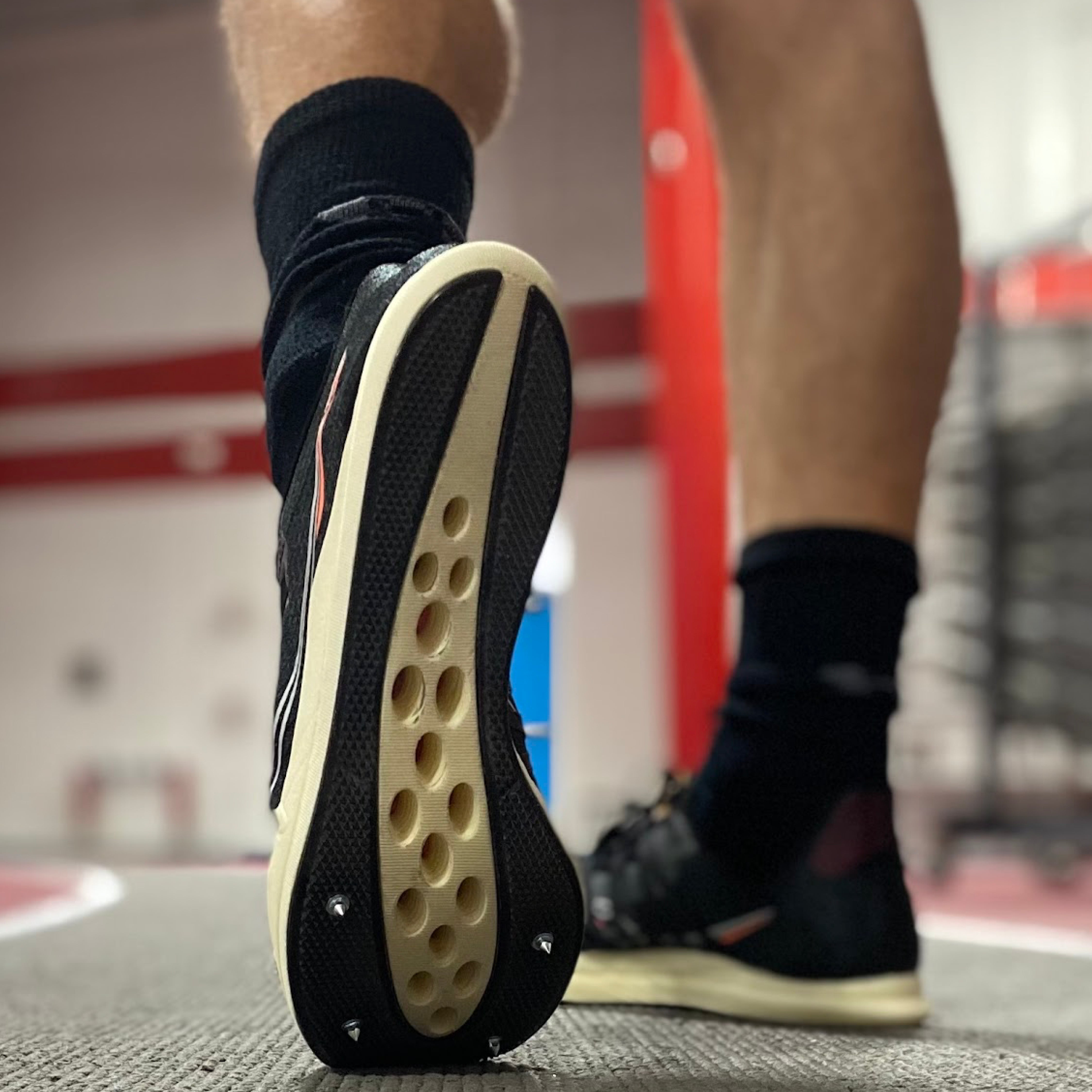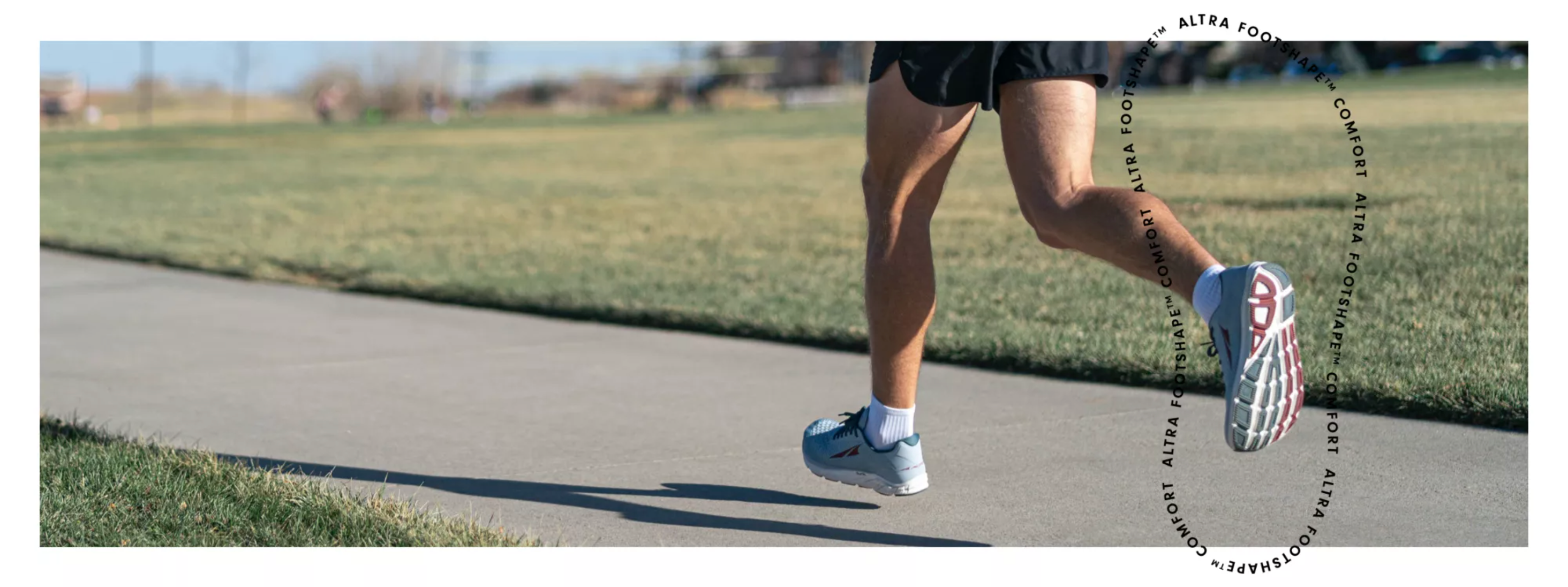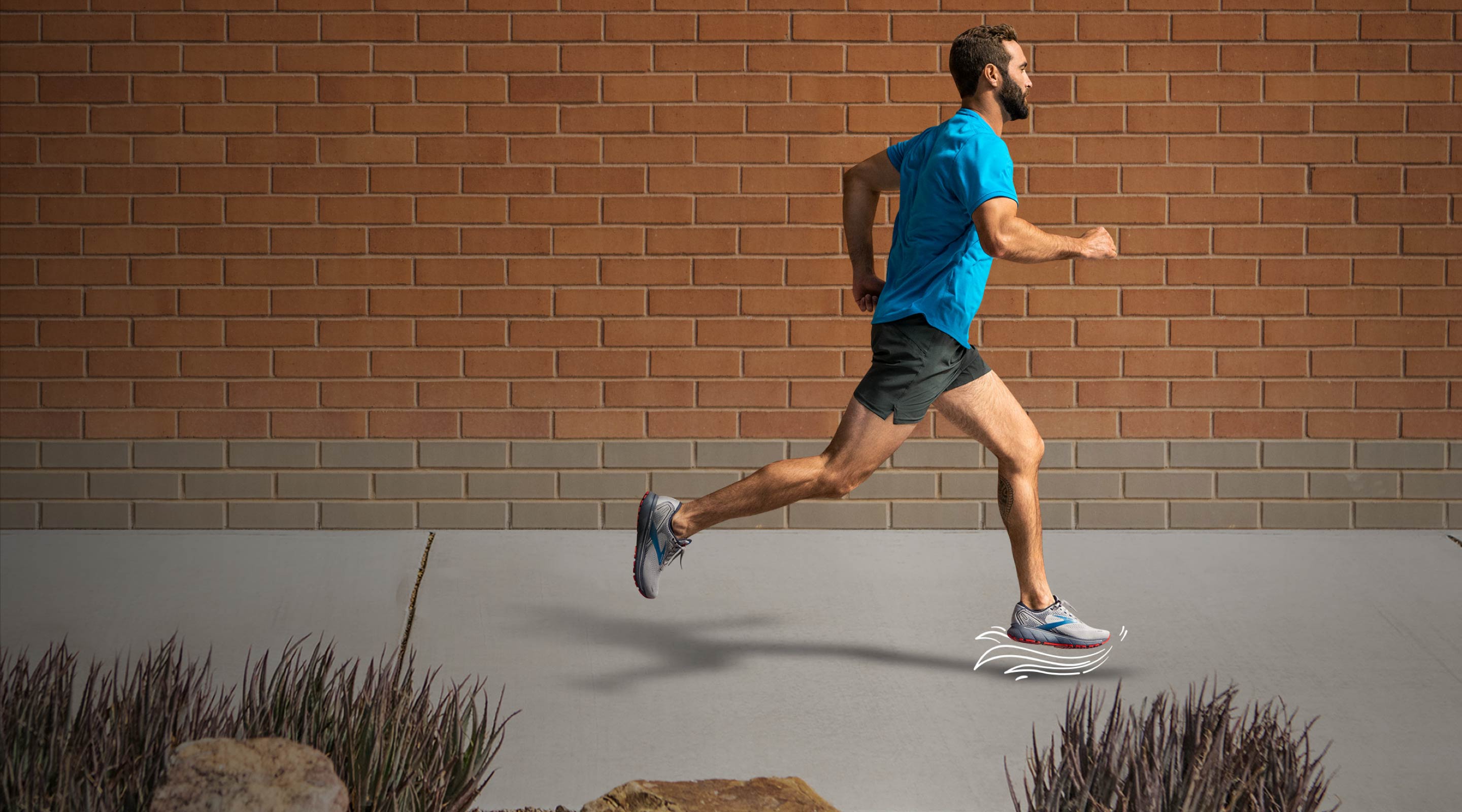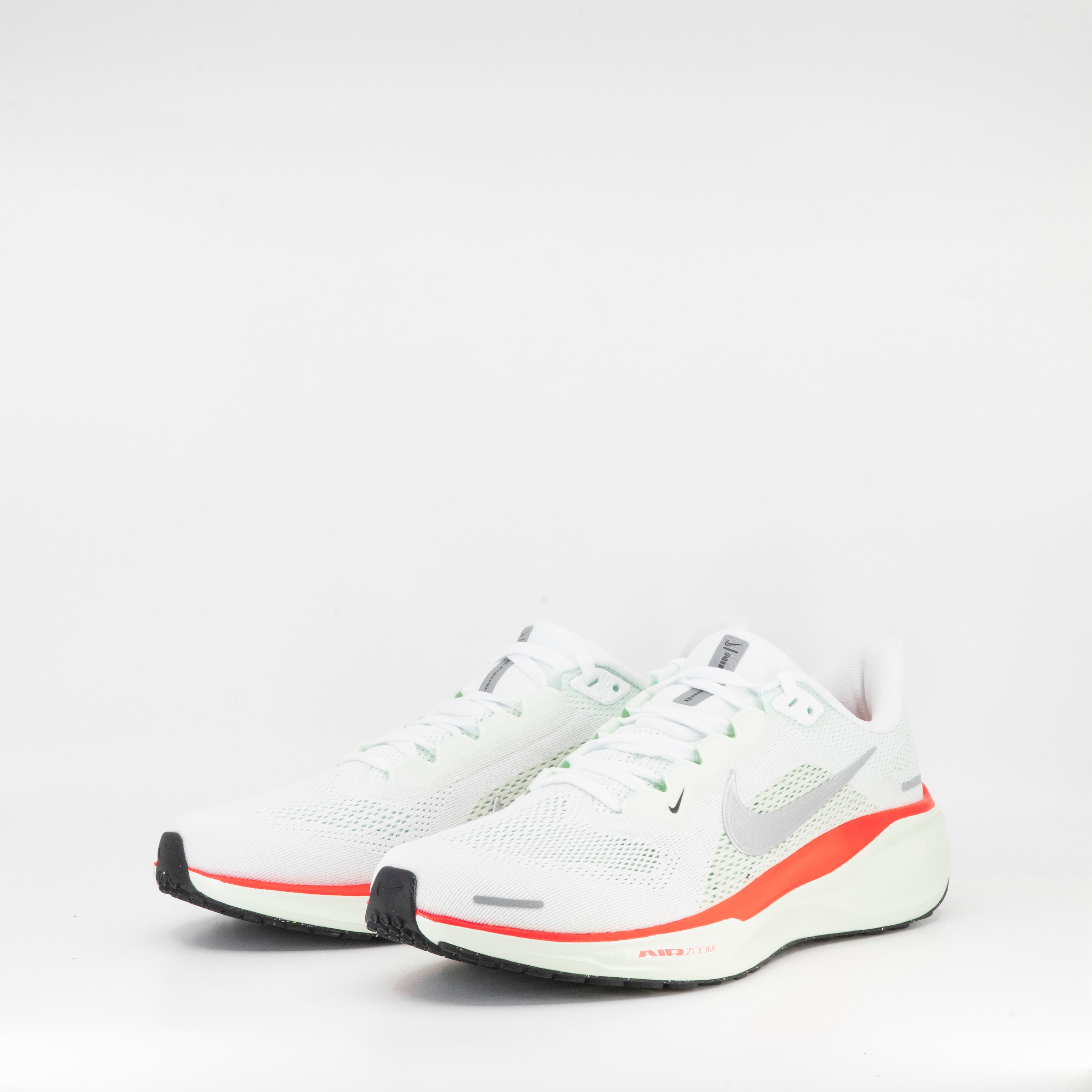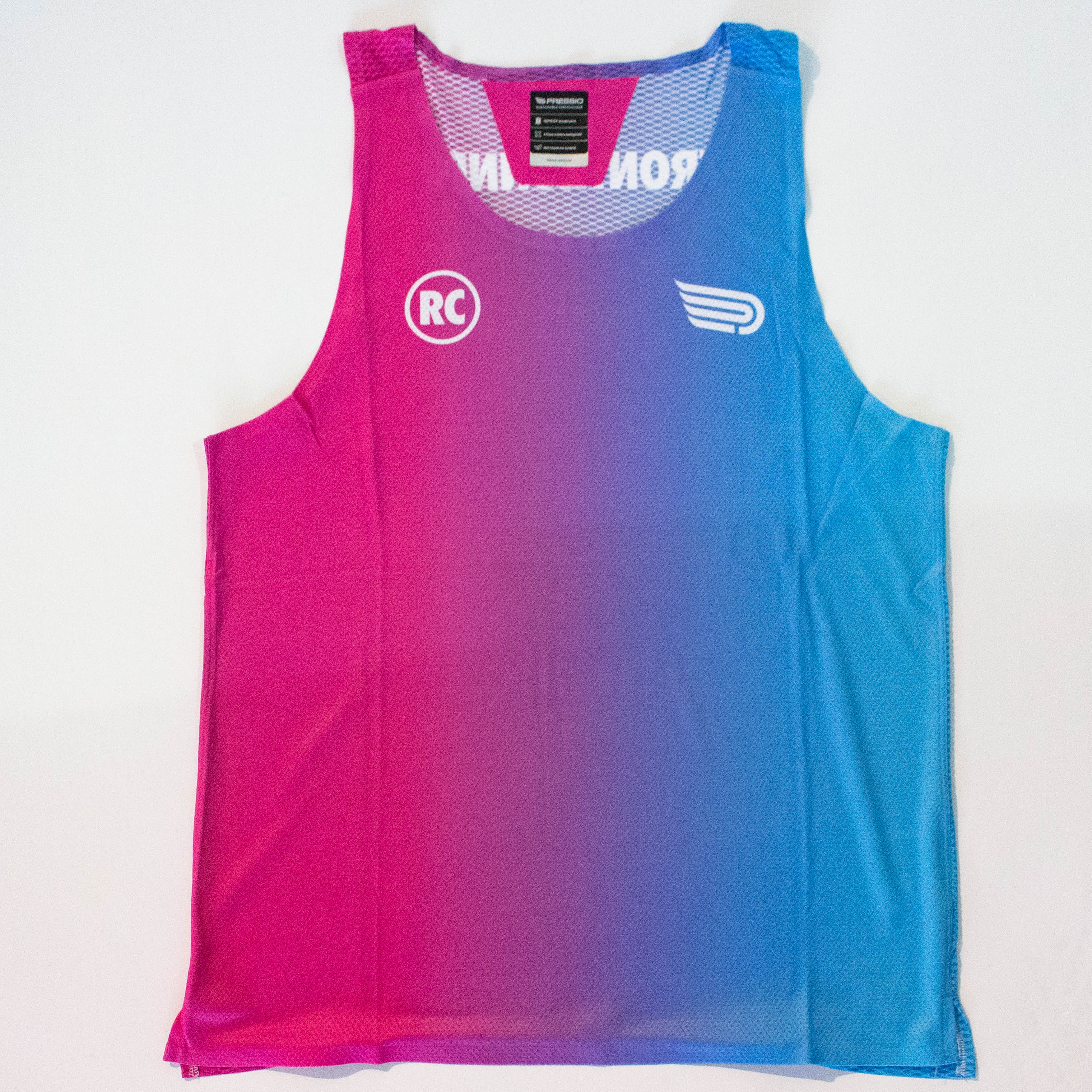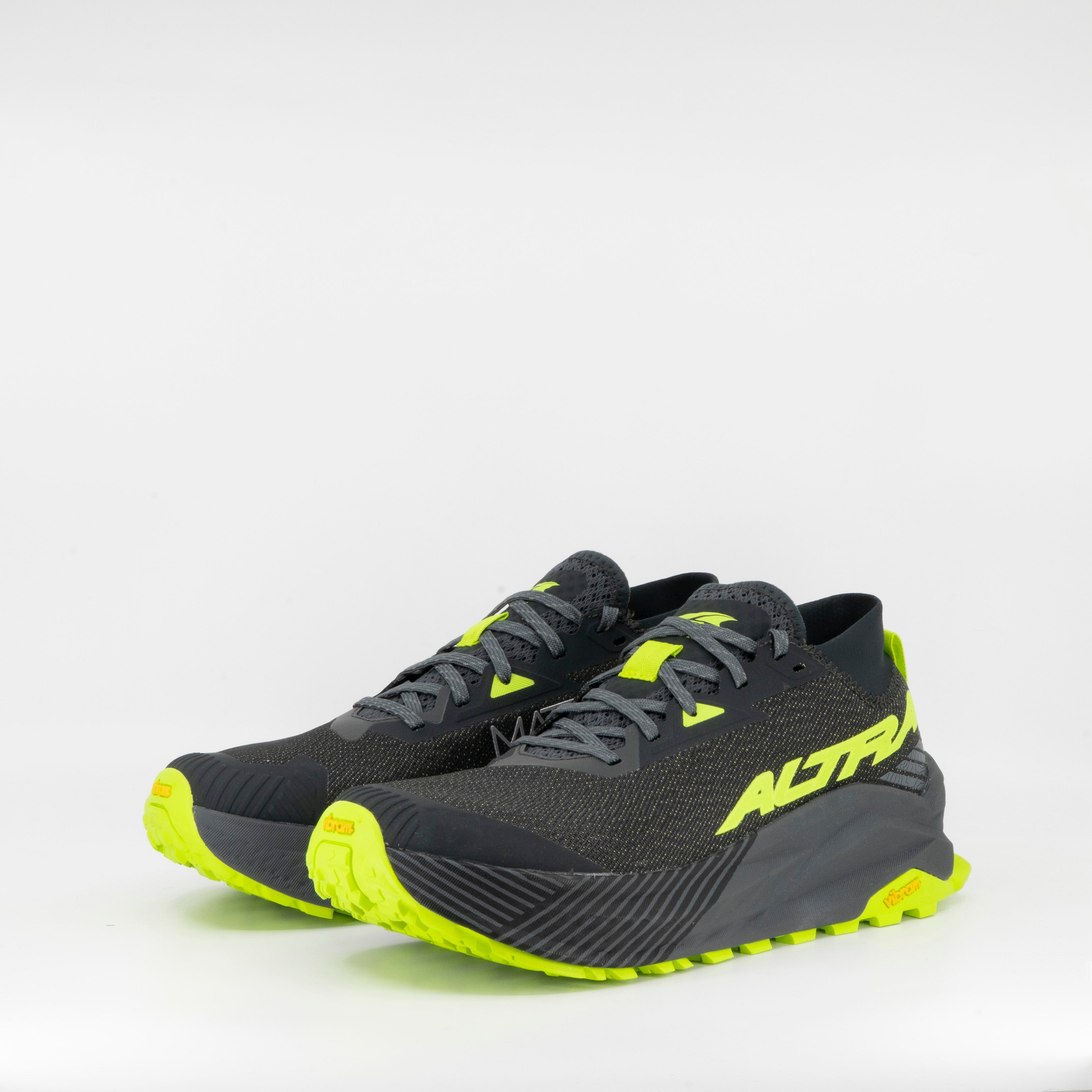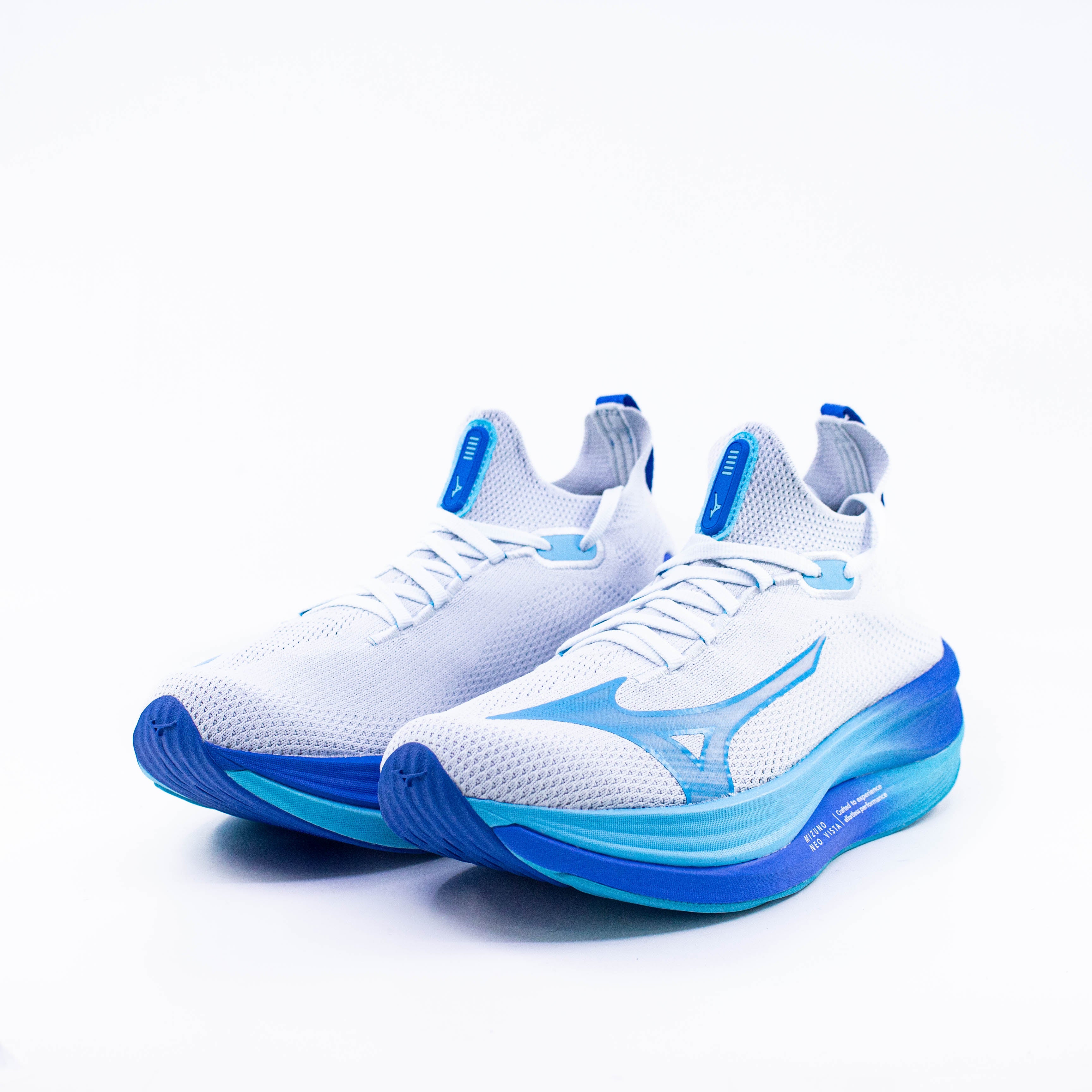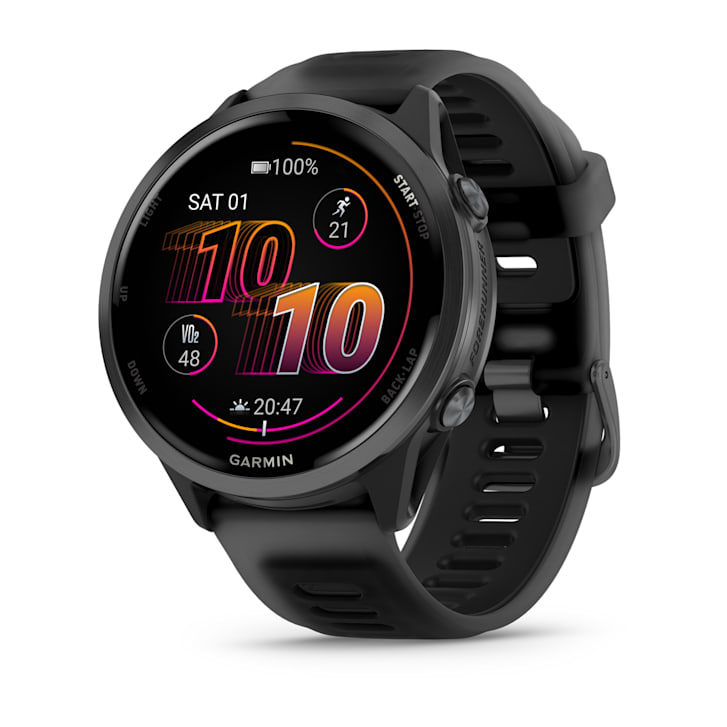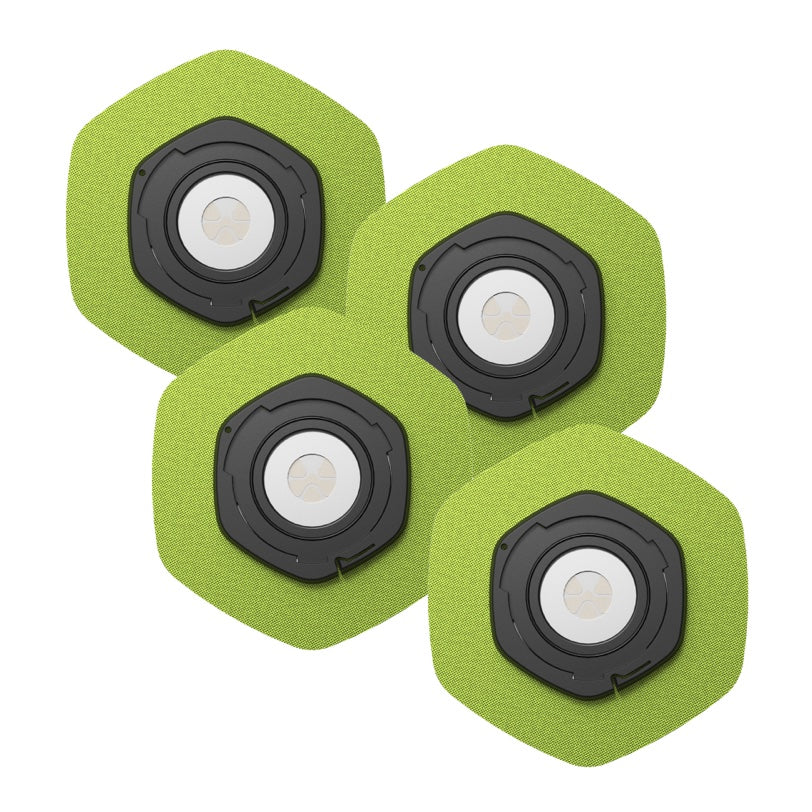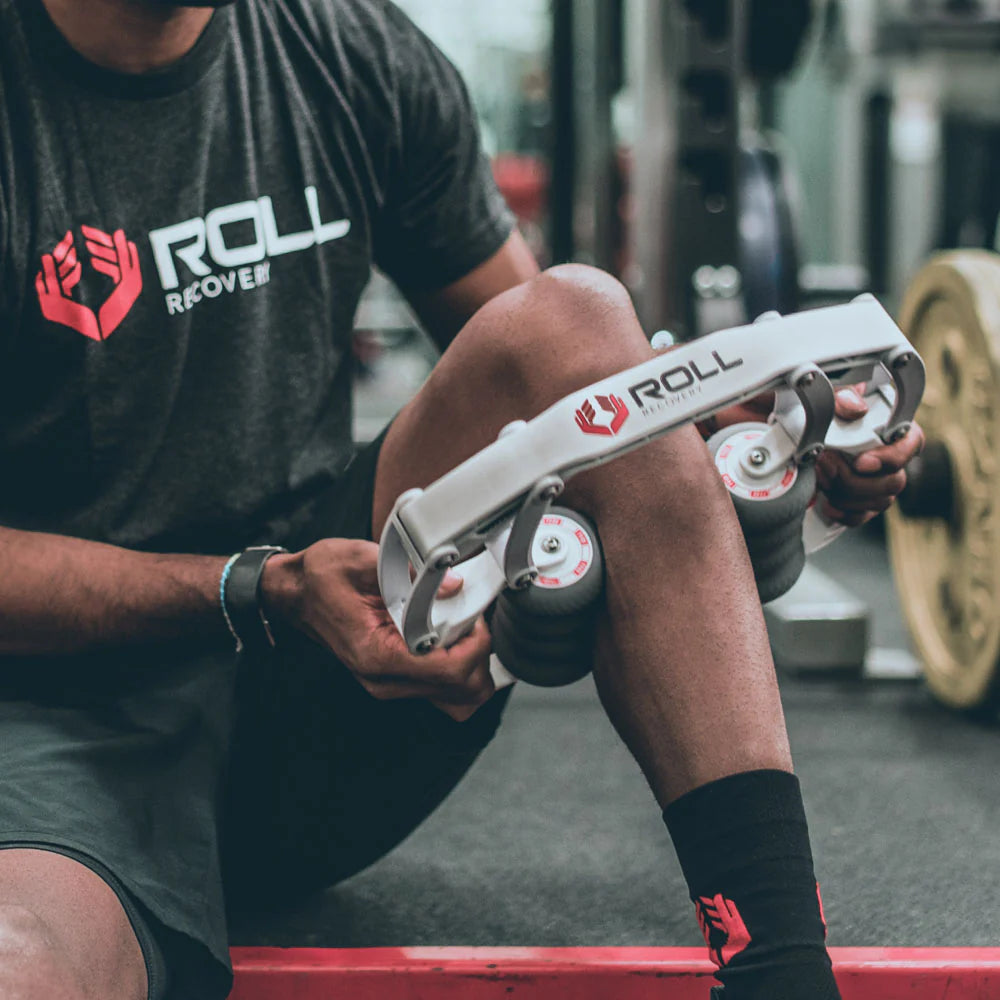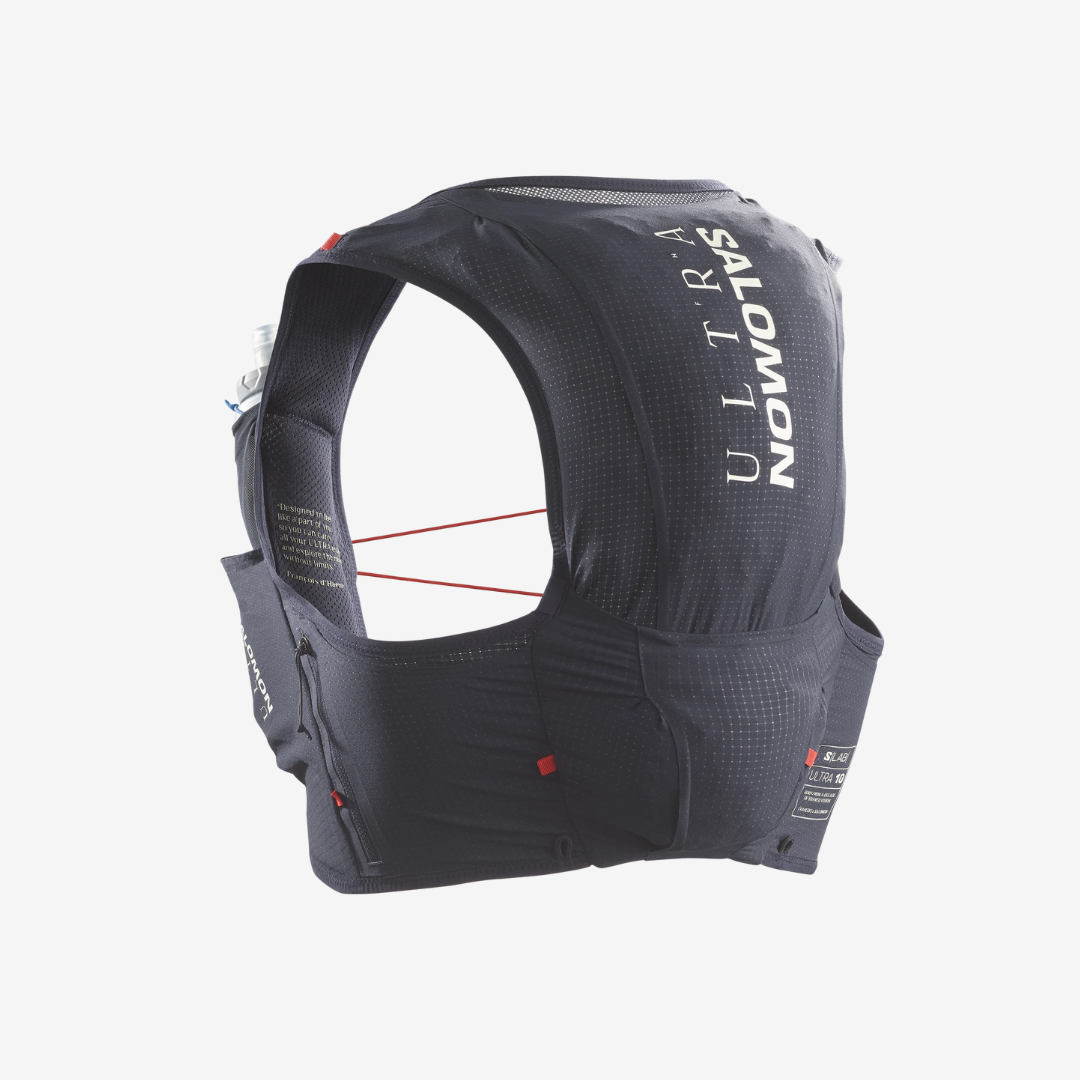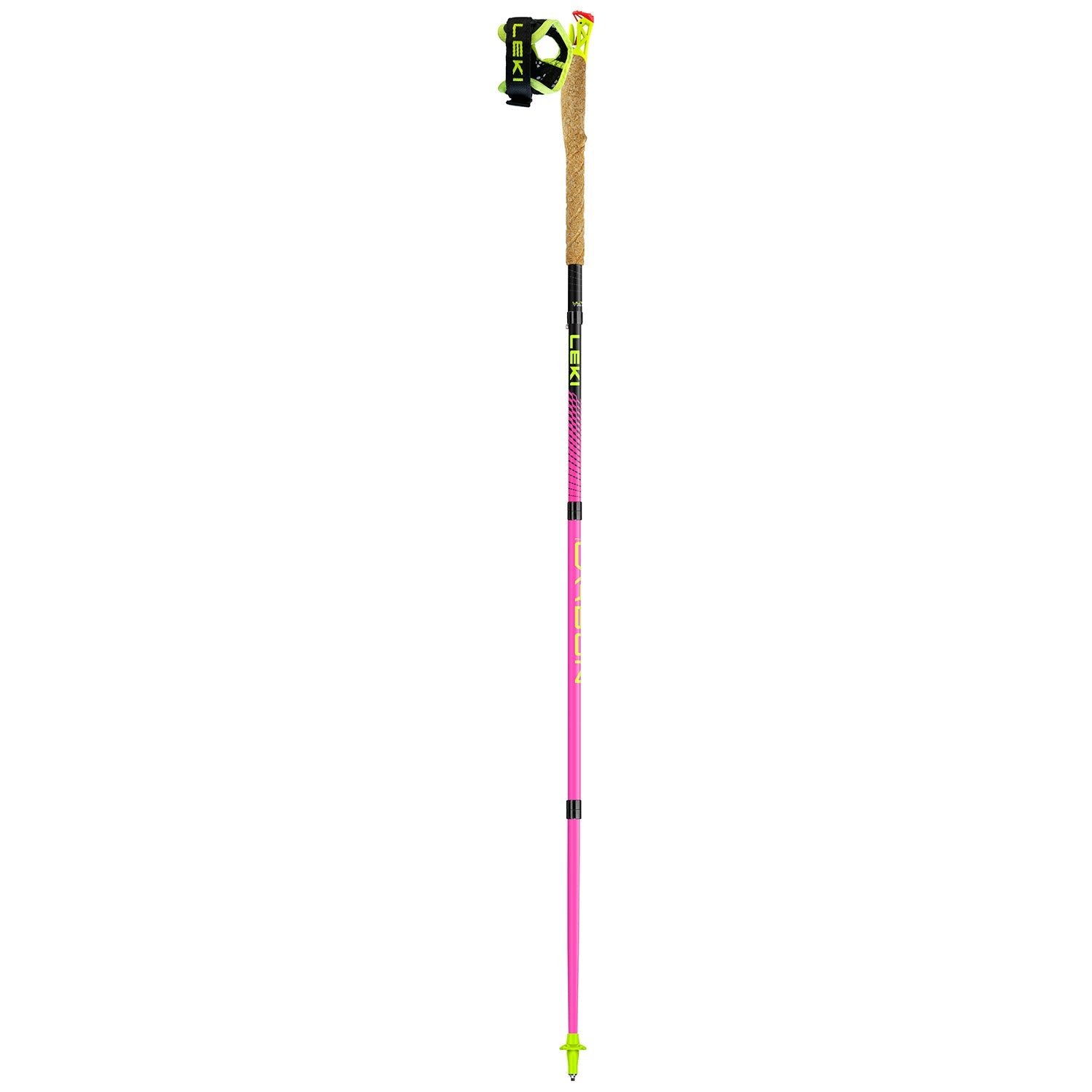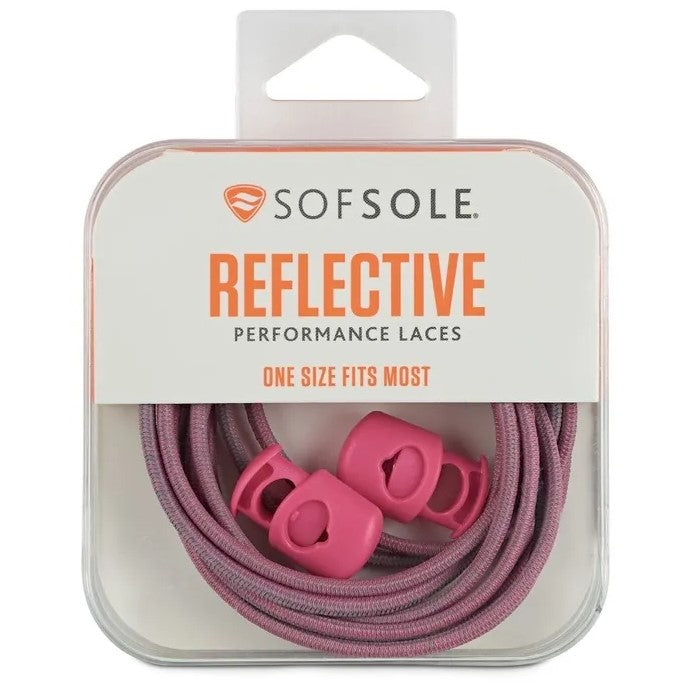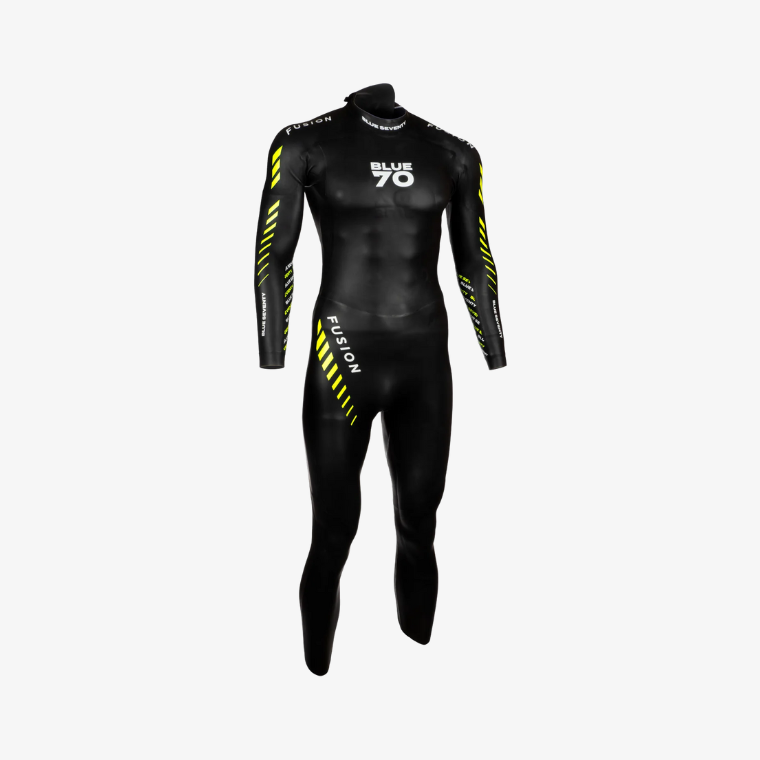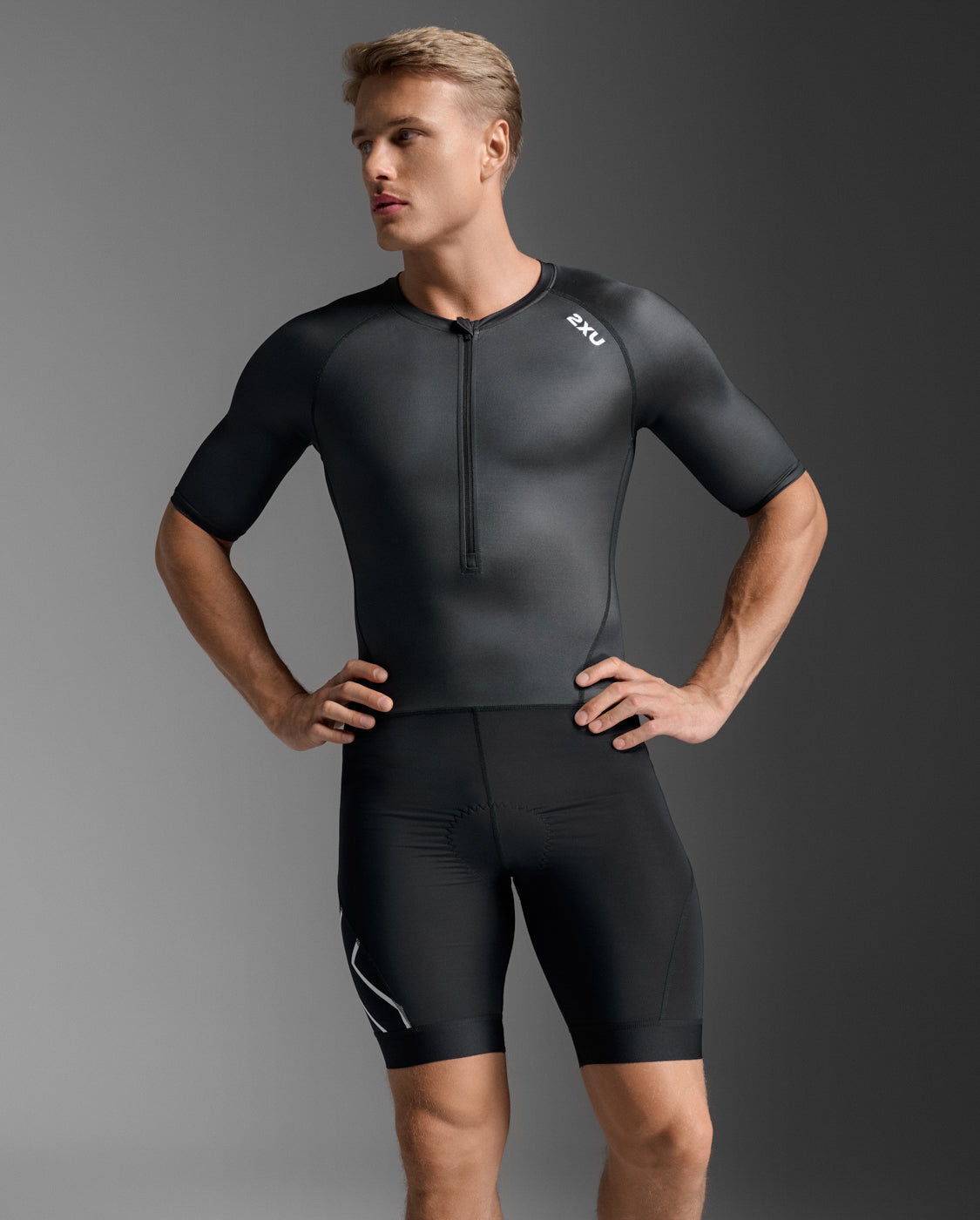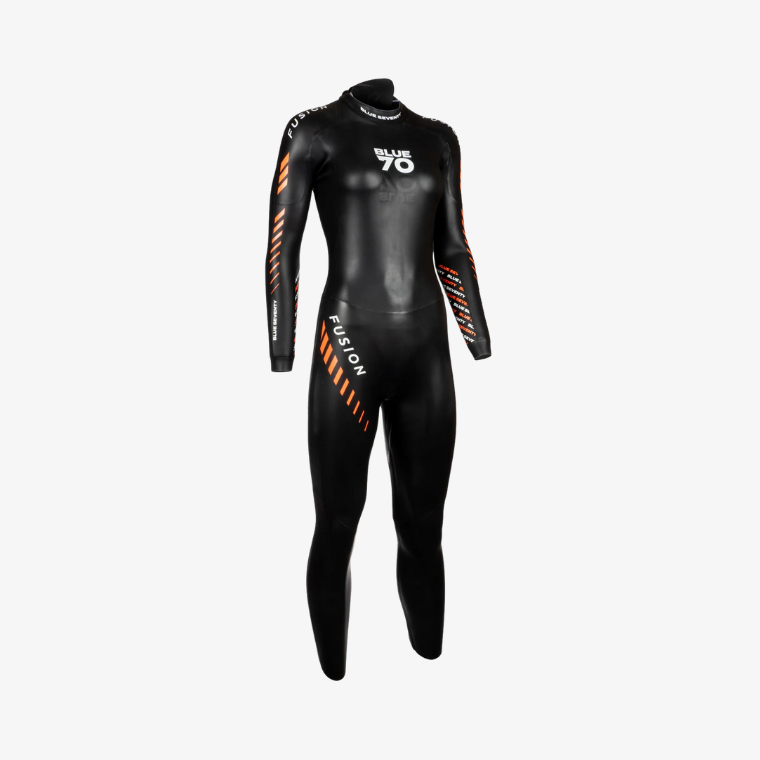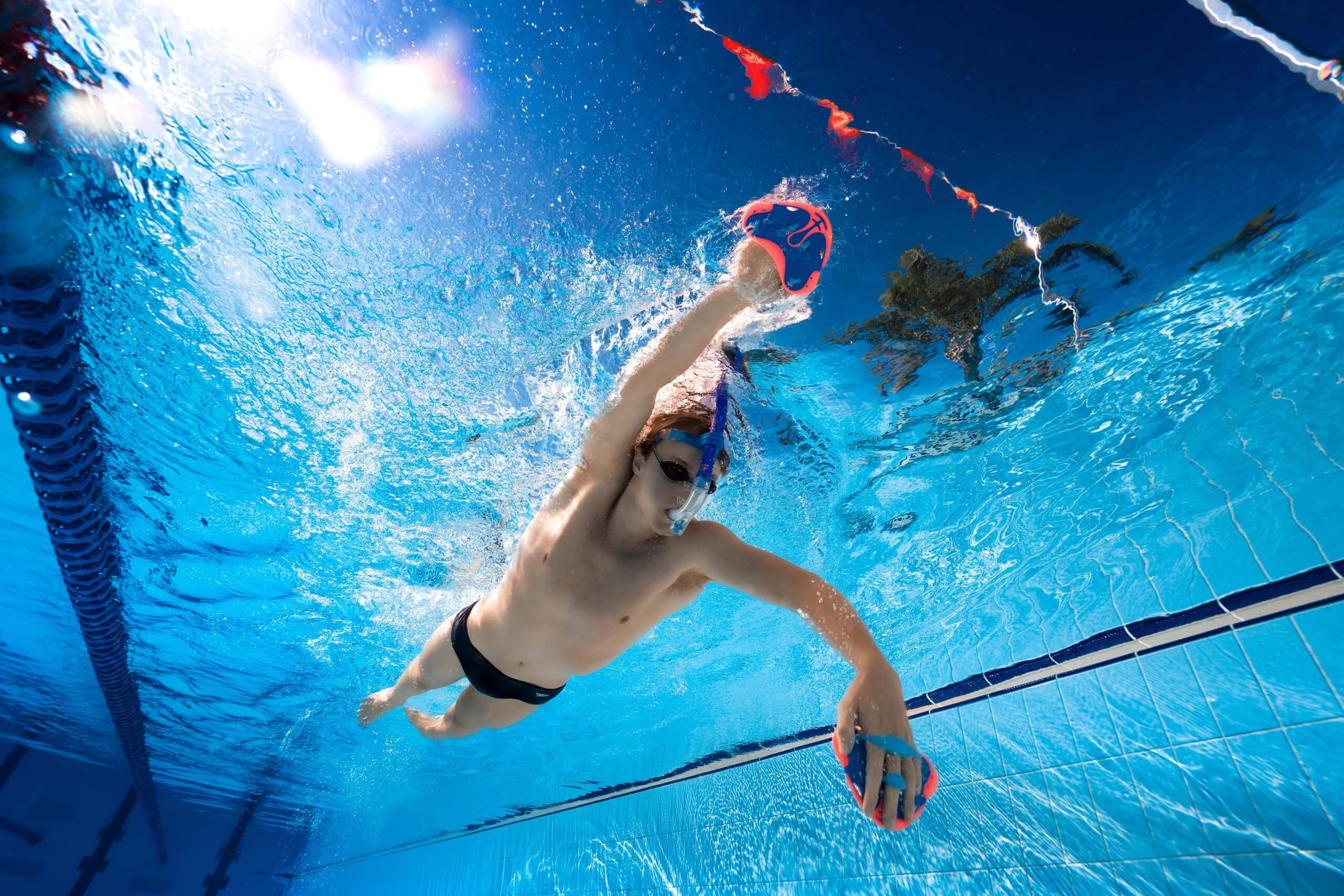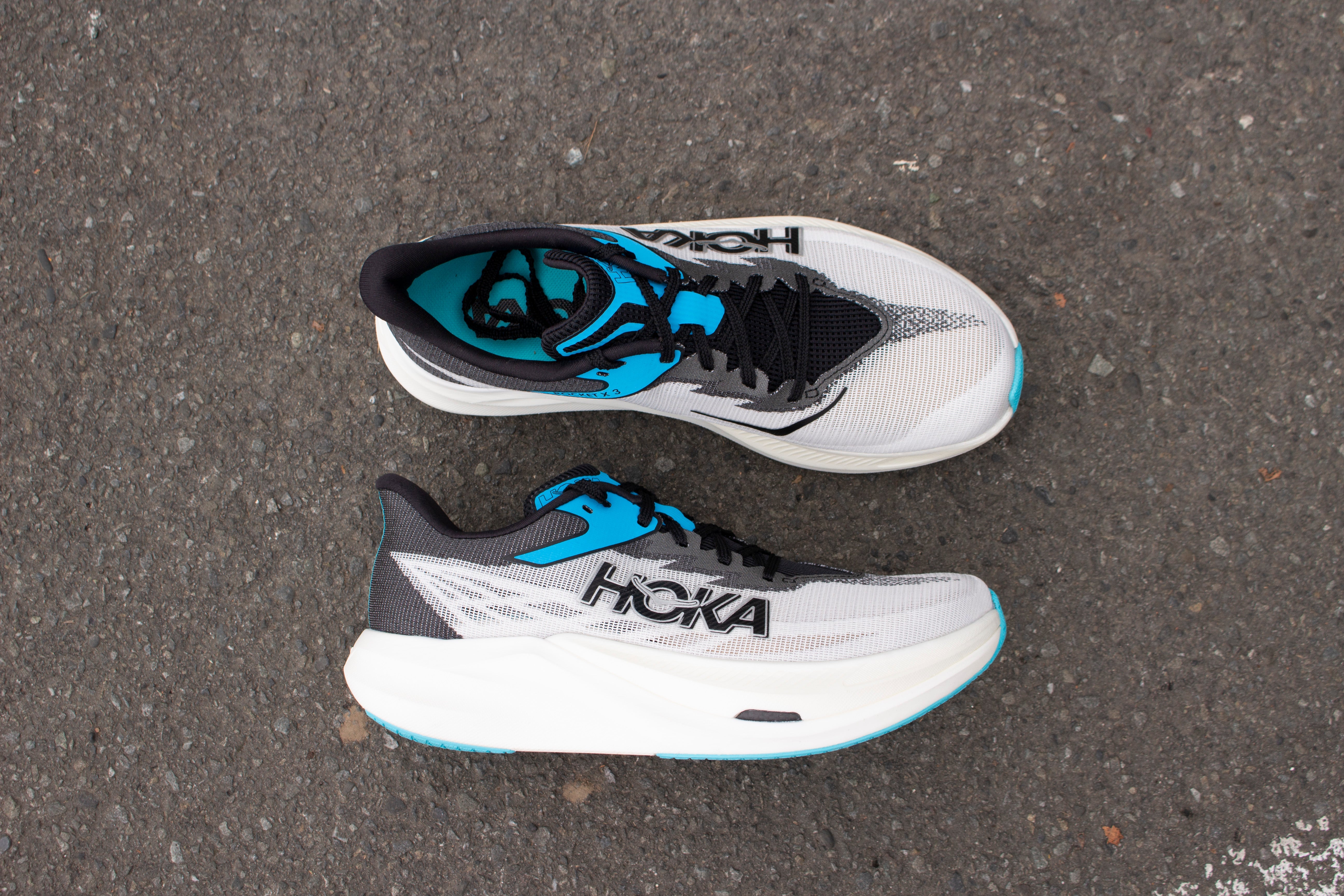AI Self-Coaching: When Claude Becomes Your Personal Trainer
In my coaching practice, I'm increasingly seeing individuals arrive with training programs and diet plans they've crafted with the help of artificial intelligence. While there's undoubtedly something appealing about having a 24/7 coach in your pocket, what I'm observing is concerning.
Like the person who shows up with their AI-generated 12-week ultra-marathon training plan, having never run further than 10km, or the runner asking why they're constantly fatigued on their AI-prescribed 1500kcal keto diet while training for a marathon.
The problem isn't the AI - it's actually doing exactly what it's asked. The problem lies in what we're asking it to do.
Garbage In, Garbage Out
An old programming adage states "garbage in, garbage out." This principle couldn't be more relevant when it comes to AI self-coaching. AI will happily generate that 1500kcal diet plan you asked for, complete with macro breakdowns and meal timing. It won't, however, tell you that this is grossly insufficient for your training load, or that your fixation on a specific calorie number might indicate some disordered eating patterns that need addressing.
Similarly, while AI can produce a detailed 12-week ultra-marathon training plan, it won't stop you and ask, "Hey, shouldn't we maybe start with a half-marathon first?" It won't notice your growing fatigue, your deteriorating form, or the way you're compensating for that niggling knee pain.
The Missing Context
In previous articles, I've hammered home the point that context matters. AI, for all its computational power, lacks the ability to truly understand context. It can't see:
- Your grimace when you're trying to hide an injury
- Your hesitation when discussing your relationship with food
- The subtle compensations in your running gait
- The fear in your eyes when talking about increasing your food intake
These human elements - the things that make coaching an art as much as a science - are completely absent from AI interactions.
When AI Becomes an Enabler
One of the most problematic scenarios I'm seeing is when AI becomes an enabler for inappropriate training or nutrition practices. Consider this real example from my practice:
An athlete came to me with an AI-generated training plan that had them doing 100km weeks right out of the gate. When I asked why they chose such an aggressive plan, their response was telling: "Well, I asked for a plan that would get me to my goal as quickly as possible, and this is what it gave me."
The AI didn't question the wisdom of this request. It didn't probe deeper to understand the athlete's background, their current fitness level, or their injury history. It simply delivered what was asked for - a recipe for potential disaster.
The Right Tool for the Right Job
Don't get me wrong - AI can be an incredibly powerful tool when used appropriately. But like any tool, its effectiveness depends entirely on the skill of the user. This brings us back to a theme I've discussed before - the importance of developing skills rather than just acquiring information.
AI is at its most valuable when it's being used by someone who:
- Understands the fundamental principles of training and nutrition
- Has the experience to know what questions to ask
- Possesses the wisdom to recognize when to ignore AI's suggestions
- Uses AI as a tool to enhance their knowledge, not replace their judgment
A Better Approach
If you're considering using AI for self-coaching, here's a framework to consider:
- Start with professional guidance to establish your baseline and understand your true needs
- Learn the fundamental principles of training and nutrition
- Use AI as a supplementary tool, not your primary coach
- Always cross-reference AI suggestions with established principles and your own experience
- Be willing to ignore or modify AI recommendations that don't align with your actual needs
The Bottom Line
AI isn't going away, and it would be foolish to ignore its potential benefits. However, like any tool, it needs to be used with skill and wisdom. As I've said before about running itself - it's not just about having the information, it's about developing the skills to use that information effectively.
Remember, AI will give you exactly what you ask for. The real skill lies in knowing what to ask for, and more importantly, knowing when what you're asking for might not be what you actually need.
Jamie Scott
Sports Nutritionist



